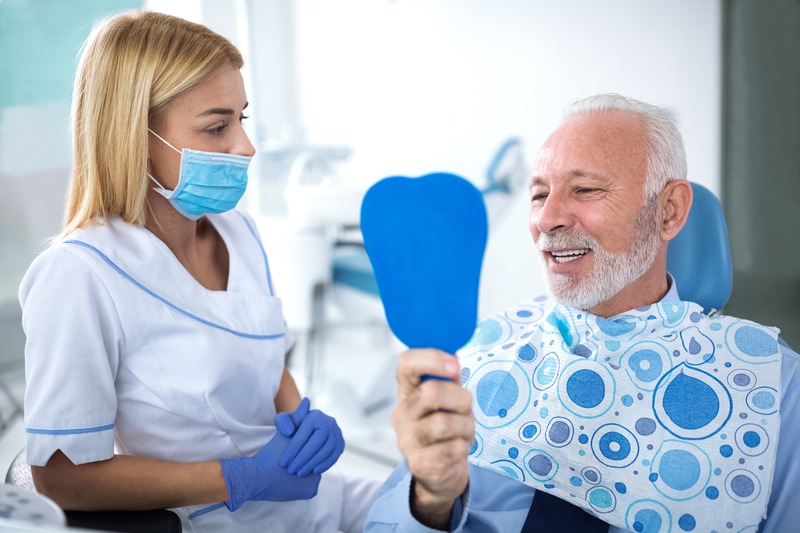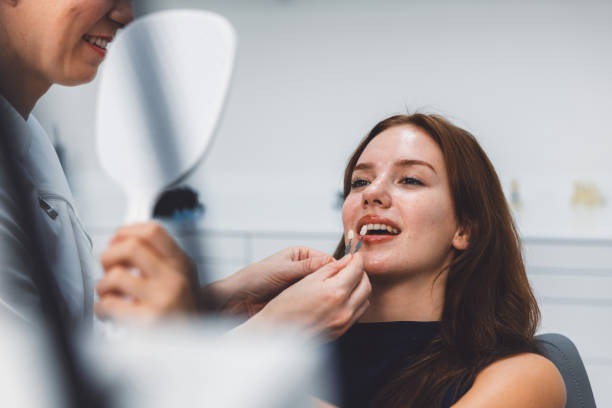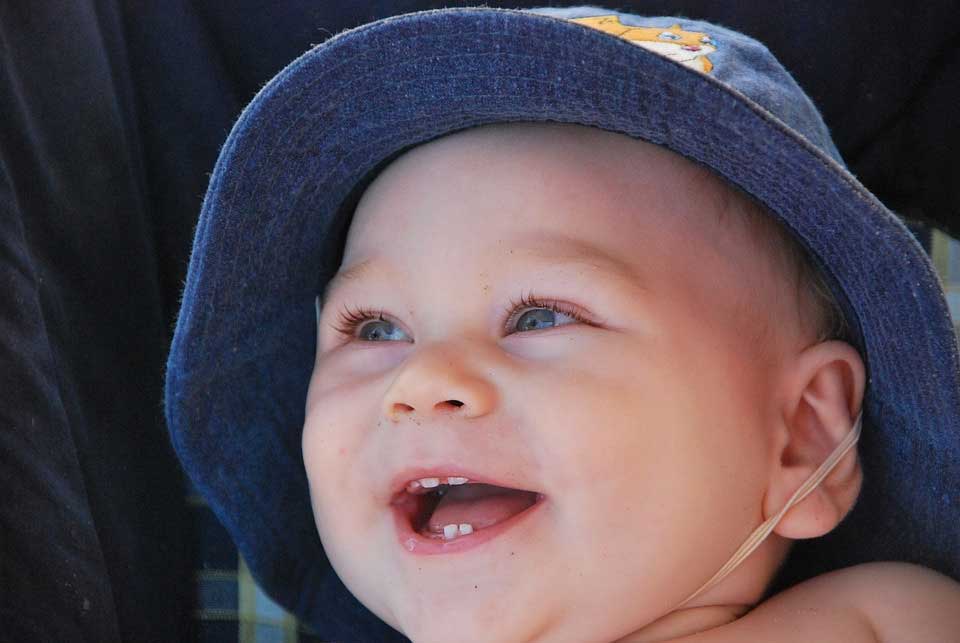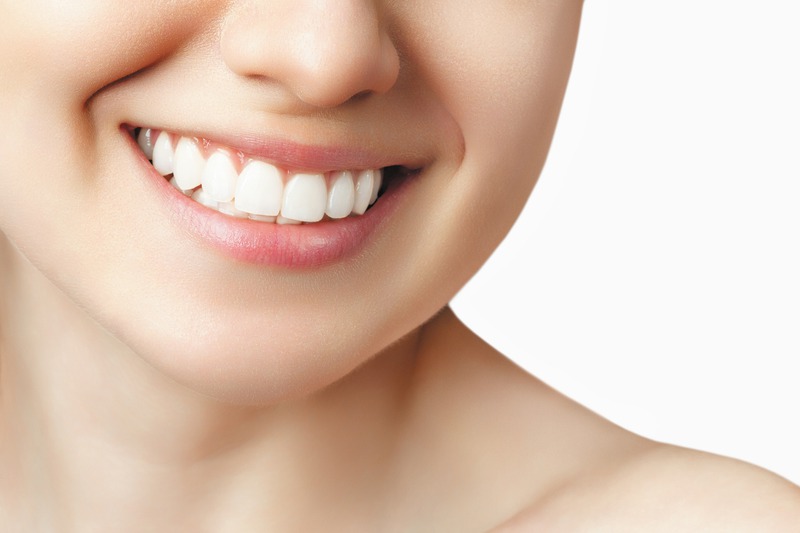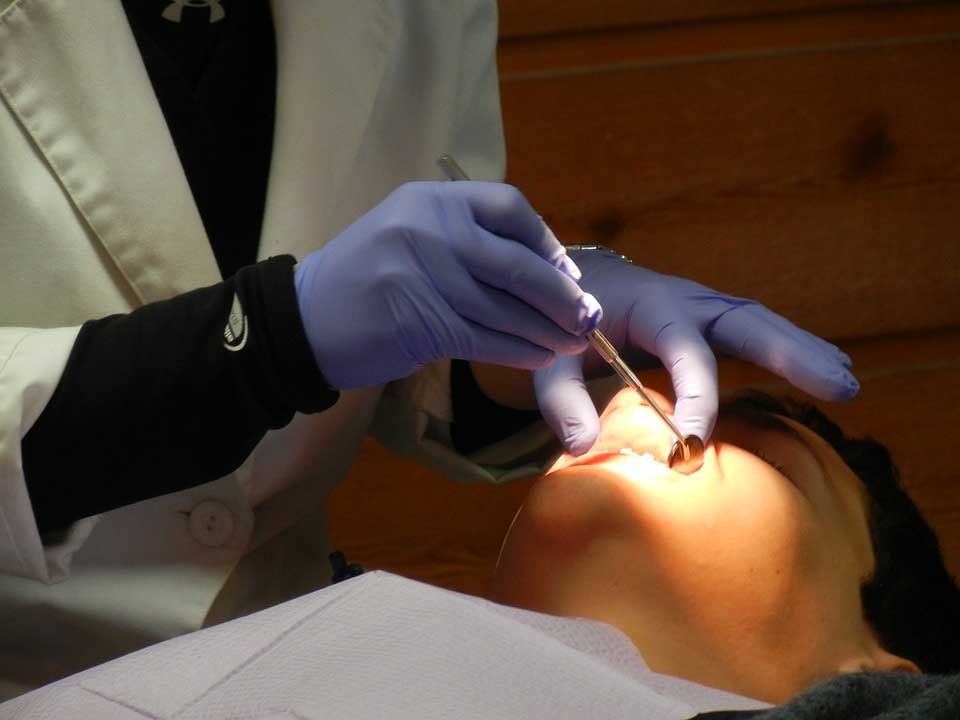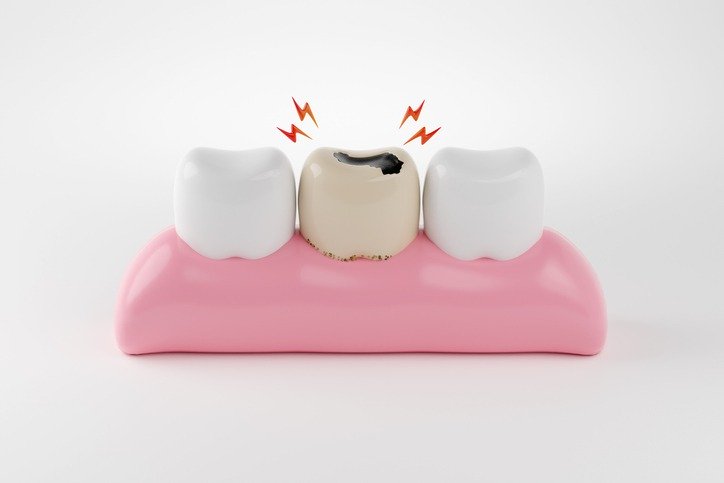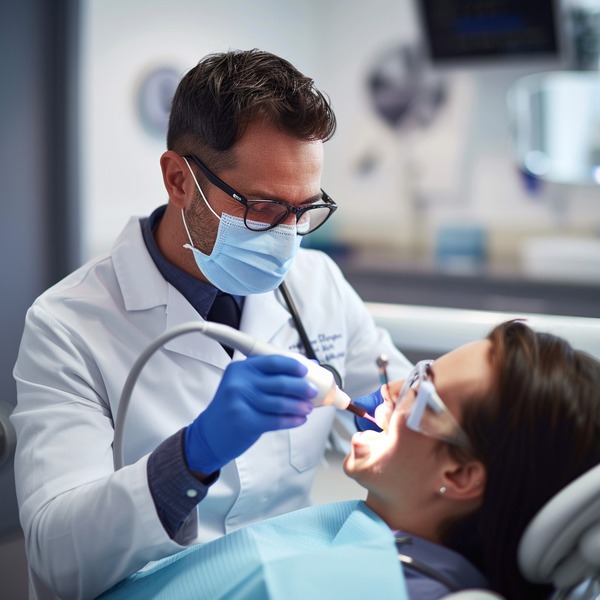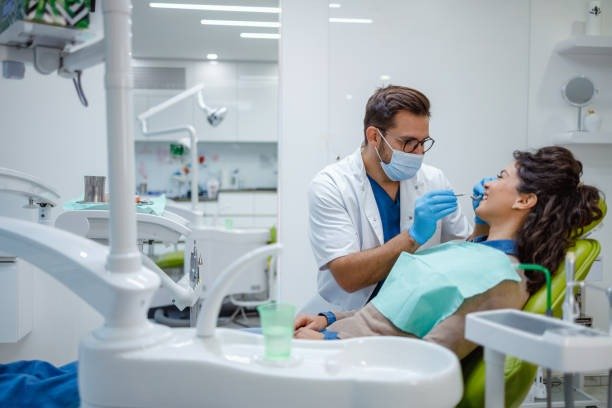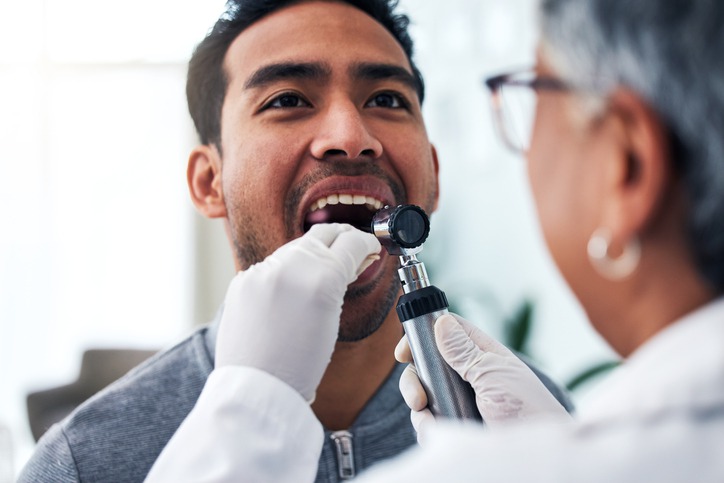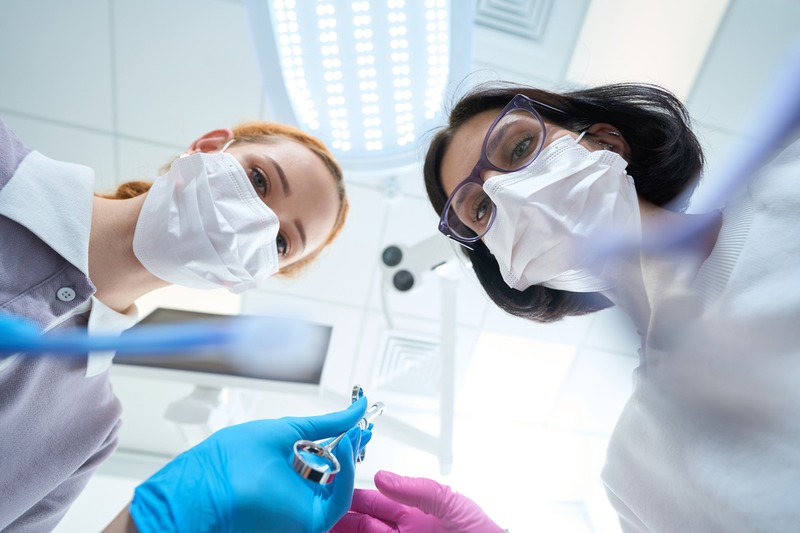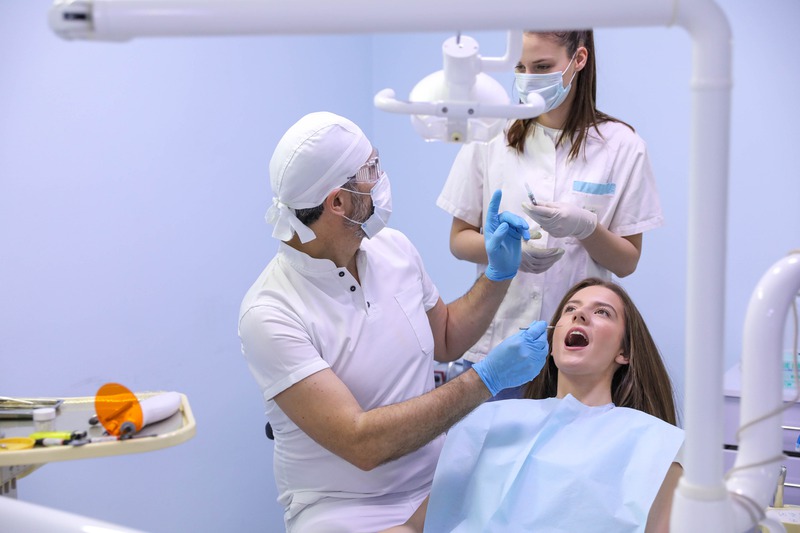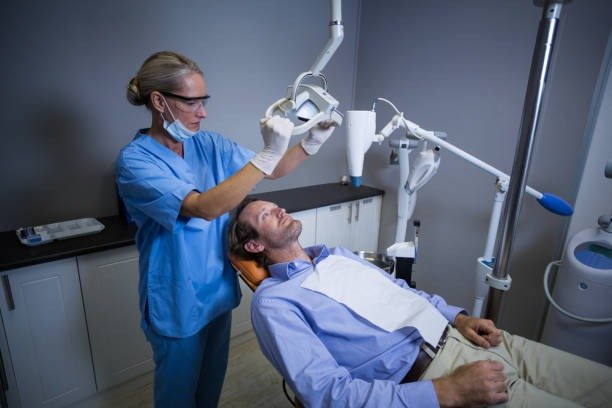
How Undiagnosed Sleep Apnea Can Affect Your Overall Health
Welcome to our discussion on a condition that’s more common than most people realize—sleep apnea. You’ve probably heard about it, maybe even joked about someone who snores like a chainsaw, but there’s more to it than you might think. The truth is that sleep apnea is not just an annoying sleep habit but a serious health issue that could be lurking unnoticed. So, let’s look into the nitty-gritty of how undiagnosed sleep apnea might be affecting your overall health.
What Exactly Is Sleep Apnea?
Before we discuss the impacts, let’s clarify what we’re talking about. Sleep apnea is a disorder characterized by pauses in breathing or shallow breaths during sleep. These pauses can last a few seconds to minutes and may occur 30 times or more an hour. The most common type is obstructive sleep apnea, in which throat muscles intermittently relax and block the airway. It’s like trying to draw in air through a blocked straw. Not fun, right?
Signs You Might Be Dealing with Sleep Apnea
-
Loud, chronic snoring
-
Episodes of breathing cessation witnessed by another person
-
Gasping or choking during sleep
-
Morning headaches
-
Insomnia or restless sleep
-
Excessive daytime sleepiness
-
Difficulty paying attention
-
Mood changes, like irritability or depression
If any of these warnings sound familiar, it’s worth exploring further with a healthcare professional.
Why It Matters: Connecting Sleep Apnea to Overall Health
So, why should you care about sleep apnea? It’s simple—undiagnosed and untreated sleep apnea doesn’t just stop at disrupted sleep. It casts a wider net, influencing numerous aspects of your health. Let’s take a closer look at some of the specific health concerns.
Cardiovascular Complications
One of the biggest concerns with untreated sleep apnea is the heightened risk of cardiovascular problems. Here’s the scoop: recurring periods of low oxygen levels can put a strain on your heart and blood vessels, leading to an increased risk of high blood pressure, heart attacks, and strokes. As you can imagine, these aren’t risks you want to ignore.
The Sleep Apnea-Heart Disease Link
Your heart is forced to work overtime because of constant pressure from irregular breathing patterns. The connection between sleep apnea and heart disease is more pronounced in people with obesity, which exacerbates both conditions. Studies have shown that treating sleep apnea can indeed improve heart health and reduce cardiovascular risks.
Impact on Mental Health
Sleep and mental health are closely linked—any disruption can significantly affect your mood and mental clarity. Depression and anxiety are commonly associated with sleep apnea since the lack of restorative sleep can lead to significant mood swings, stress, and cognitive decline. You might find it hard to keep your spirits up or focus on day-to-day tasks when you’re continually feeling fatigued.
Finding Help for Sleep Apnea-Induced Mental Strain
Understanding the connection between sleep disorders and mental health is key to finding effective treatment. If you suspect sleep apnea is affecting your mental well-being, seek advice from a healthcare professional. They may recommend lifestyle changes, therapies, or medication to help mitigate the impact.
Diabetes and Sleep Apnea
Here’s another interesting tidbit: sleep apnea may complicate diabetes management. The connection here is two-fold.
-
First, lack of sleep due to apnea can hinder your body’s ability to use insulin effectively.
-
Secondly, sleep apnea is more prevalent among individuals with type 2 diabetes, thereby forming a vicious cycle that can be hard to break.
Managing Diabetes with Sleep Apnea Awareness
-
Regular medical check-ups to monitor glucose levels and sleep health.
-
Using CPAP machines to maintain open airways during sleep.
-
Incorporating a healthy diet and regular exercise.
-
Consulting with a healthcare provider about specific treatments for sleep apnea.
These steps can be critical in managing diabetes and mitigating the adverse effects of sleep apnea.
Weight Gain and Sleep Apnea
If sleep apnea isn’t content with just affecting your heart, mental health, and diabetes management, it also has a finger in the pie of weight gain. Not getting enough quality sleep can lead to hormonal imbalances that increase your hunger and appetite, often leading you to make less healthy food choices.
Breaking the Cycle
Addressing weight issues can help alleviate sleep apnea symptoms and vice versa. Losing even a small amount of weight can improve symptoms dramatically. Tips for getting started include:
-
Adopting a balanced diet rich in fruits, vegetables, and lean proteins.
-
Starting a structured exercise program.
-
Monitoring your sleep patterns and seeking help when necessary.
Remember, the journey toward better health starts with small, attainable goals.
Sleep Apnea Affects Your Partner Too
Have you ever heard of second-hand snoring? Okay, maybe I made that up, but sharing a bed with someone who has untreated sleep apnea can impact your partner’s sleep quality, too. Your snoring and gasping disrupt their sleep, leading to their daytime sleepiness and mood irritability.
Communicating with Your Partner
Communication is vital in managing this issue. Discussing the symptoms and the importance of seeking medical help can reinforce the need to address sleep apnea, not just for your health but also for the harmony of your relationship.
The Role of Sleep Studies
Are you worried you might have sleep apnea? Sleep studies offer a comprehensive assessment of what happens while you sleep. These studies can be performed in a lab or, in some cases, from the comfort of your home. It tracks everything from breathing patterns to oxygen levels and helps create a roadmap for effective treatment plans.
Speech and Breathing Therapy
Some less invasive treatments to consider include speech and breathing therapies. These can strengthen the muscles around the airway, minimizing the risk of obstruction during sleep. And who knows? You might end up with some impressive vocal skills as a bonus.
On a more informal note, if you’re pondering the connection between your dental health and sleep apnea, check in with the top dentist in your area. They often have the scoop on dental devices that can improve your sleep by adjusting the position of your jaw and tongue to keep your airway open.
Exploring Treatment Options
If you do have sleep apnea, don’t panic. Plenty of treatment options are available to fit different needs and preferences. From CPAP machines, which maintain steady air pressure through a mask, to oral appliances designed for this specific condition, there’s a range of solutions to explore.
Exploration is key, and while you’re at it, you’ll want to find this dentist here who can help tailor dental appliances that may alleviate some symptoms. Dental devices are often less intrusive than CPAP and can be an excellent option for mild sleep apnea cases.
Surgical Options for Severe Cases
In severe sleep apnea cases where other treatments have failed, surgery might be considered. Options vary from removing tissue to jaw realignment. While more invasive, it might be the solution some need to renew their zest for life and sleep.
Taking the First Step Toward Better Health
Understanding the broader implications of undiagnosed sleep apnea is the first step in improving your health. Sleep apnea can cast a long shadow over your physical and mental well-being, but with awareness and the right approach, you can turn that corner towards better health.
And hey, if you’re local and suspect sleep apnea as a blip on your health radar, check out the resources for sleep apnea in Houston to guide you on a path to restful nights and energized days. If you’re somewhere else, explore locally available resources and consult with professionals who can help you breathe a little easier, literally and figuratively.
Wrapping It Up
Thanks for hanging out. Sleep apnea might sound like a daunting hurdle, but with informed choices and timely interventions, it’s manageable. Remember, your health is your wealth. So, get the support you need and make sleep apnea one less thing to worry about. Here’s to sleep-filled nights and healthier tomorrow.





